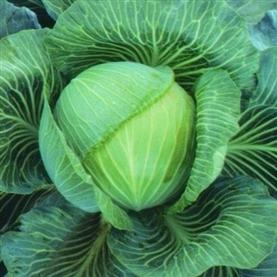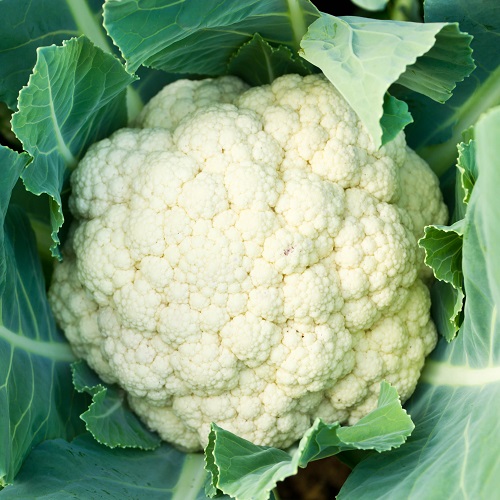Clubroot is endemic on my allotment plot and this is the first sprout that has been successful for 3 years now....unfortunately some aphid impact in autumn this year but that was nothing to do with the variety. These also taste really good so don't just grow them to avoid clubroot.
I bought these last year and they were wonderful club root didn't bother them and the taste........... to the point that I have had to order for 4 other people at the allotments as they loved them. Would definitely recommend
Club root is endemic on my allotment plot. However the variety Crispus has shown excellent resistance producing large flavoursome sprouts over a long period. Highly recommend.
Due to club root on my allotment i have grown this sprout over the past years due to it's club root resistance. It has never failed me. The sprouts aren't the largest (bonus) and not at all strong, even the children eat them! I can harvest these from December to late March. There's not much between this sprout and Cronus in my view.
i have grown these for the last 4 years and they have been excellent to such an extent that i have supplied other gardeners with buttons for their Christmas dinners when theirs have failed
One of the long awaited varieties that is clubroot resistant.....
Packet Contents : 20 Seeds
Type: Ballhead / Round
Clapton is the first available variety with clubroot resistance.....
Seed Packet Contents: 20 Seeds


